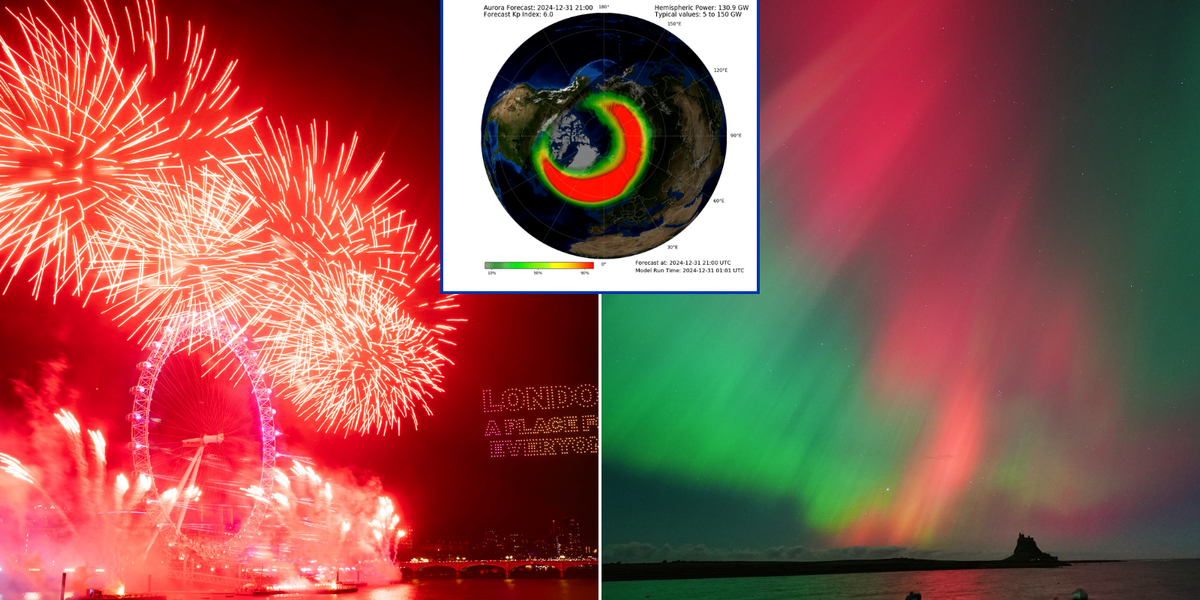They’re hoping it won’t be a brutal fight over this brutalist space.
Preservationists are pushing to landmark parts of a uniquely shaped Upper East Side building that once housed the Whitney Museum and MET Breuer before auction house Sotheby’s takes over the space.
The eye-catching brutalist exterior at 945 Madison Ave. is already protected because it’s within the boundaries of the Upper East Side Historic District, but the oddly shaped building’s interior can be altered in construction without the designation, activists said.
“With a change in ownership and a change in use, we fear that portions of [architect Marcel] Breuer’s original interior could be permanently and unsympathetically altered,” architecture preservation group Docomomo US said in a statement on its website.
“The seminal interiors of this landmark — probably the best known by this Bauhaus master and among the most significant works of Modern architecture in the city—are not protected by agency oversight and currently could be inappropriately altered without recourse.”
The group issued a 45-page request to the city’s Landmarks Preservation Commission to landmark the building, since building a coalition of supporters that includes the Friends of the Upper East Side Historic Districts, New York Landmarks Conservancy, Preservation League of New York State and others.
The LPC is now considering a landmark designation for sections of the Madison Avenue lower-level, lobby, coat check, main staircase and entrance vestibule — saying in a Dec. 17 briefing document that the building’s “iconoclastic design is unlike anything built in New York City before or since.”
The briefing described the building’s exterior as being in “stark contrast with the surrounding 19th century rowhouses” and its interior featuring “open floor plans, distinctive overhead lights, and interconnected public spaces that together create an enduring emblem of modern urban architecture.”
The preservation push comes as Sotheby’s plans to move its headquarters to the Upper East Side building, complete with a renovation helmed by Herzog & de Meuron.
The auction house bought the building from the Whitney Museum for $100 million in 2023 with plans to convert it into an auction, gallery and exhibition space.
The renovation project is poised to preserve “the architect’s original vision while adapting it to the needs of Sotheby’s, the neighborhood, and the city today,” according to the firm overseeing the renovation.
A request for comment regarding how landmark status could affect the renovation plans was not immediately returned by a Sotheby’s representative.
Jacques Herzog said in a statement last month that the project would be approached “with respect for its original vision.”
“By reviving lost spaces, carefully inserting new ones and making other subtle interventions with a considered palette of materials, the building will be prepared for its new role in the auction world—and will also be more accessible again for visitors and the people of New York,” Herzog said.
The modifications are anticipated to begin later this year and be completed by this fall – but could be slowed by landmarked status, which would require any alterations to be approved by the landmarks commission.
LPC Commissioner Jeanne Lutfy said she was “sort of shocked” to learn the building hadn’t been landmarked at a December meeting, according to 6sqft.
“It’s been such an important building in this city, from a historical, cultural, architectural, personally, it’s been very important to me that I was like, ‘Oh my God, thank God we’re doing this,'” Lufty said.
The building was completed in 1966 as a larger space for the Whitney Museum, housing its modern art collection until the museum left for its current Meatpacking District site in 2014.
Since then, it has temporarily housed collections from the Metropolitan Museum of Art (as the MET Breuer) and The Frick Museum (as the Frick Madison) during the Henry Clay Frick House renovation.
A public hearing on the potential landmark designation has yet to be scheduled, but is expected to be marked on the Landmark Preservation Commission calendar in early 2025.

 By New York Post (U.S.) | Created at 2025-01-05 19:25:33 | Updated at 2025-01-07 09:51:51
1 day ago
By New York Post (U.S.) | Created at 2025-01-05 19:25:33 | Updated at 2025-01-07 09:51:51
1 day ago








